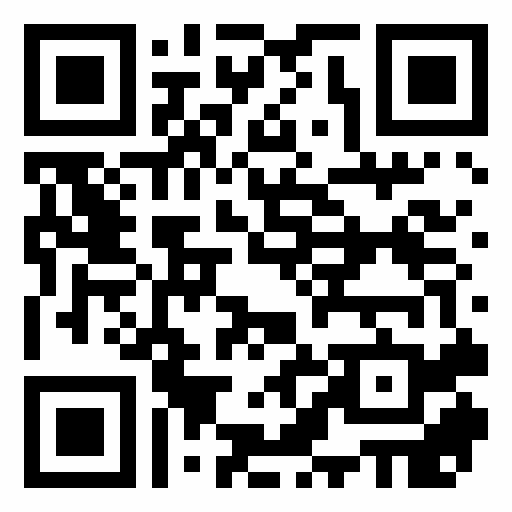The volume of pharmaceutical consultations and the format of its provision vary considerably in different countries depending on the legal regulation and qualifications of specialists. Pharmacy workers in Russia, when selling drugs, must provide this service, and its capacity and content are determined by the relevant documents. Purpose: determining the attitude of pharmaceutical workers to the information service of pharmaceutical consultation, as a factor in the continuity in drug care. Materials and methods: the questioning of pharmaceutical specialists with higher and secondary pharmaceutical education, working directly with visitors in drugstores "first table workers" (n = 93). Statistical analysis (Spearman’s rank correlation coefficient). Results: 49.5% of respondents conduct pharmaceutical consultation "in most cases" when selling an over-the-counter drug and 35% when selling a prescription drug. In addition, more than 20% of the respondents provide information to the patient each time they realize a drug, regardless of the order of its sale. Only 49.5% of pharmacy workers surveyed consider pharmaceutical consultation an obligation, even though it is defined by regulatory acts. The main source of information for pharmaceutical consultation is the instruction on the medical use of the drug, while 27% of respondents do not use the algorithms of the information service, despite the rules of the Good Pharmacy Practice. Pharmaceutical consultation of medical specialists is rare, but 90% of respondents remind patients in the drugstores of the need to visit a doctor. Conclusion: pharmaceutical consultation is a popular information service that ensures continuity in drug therapy.
